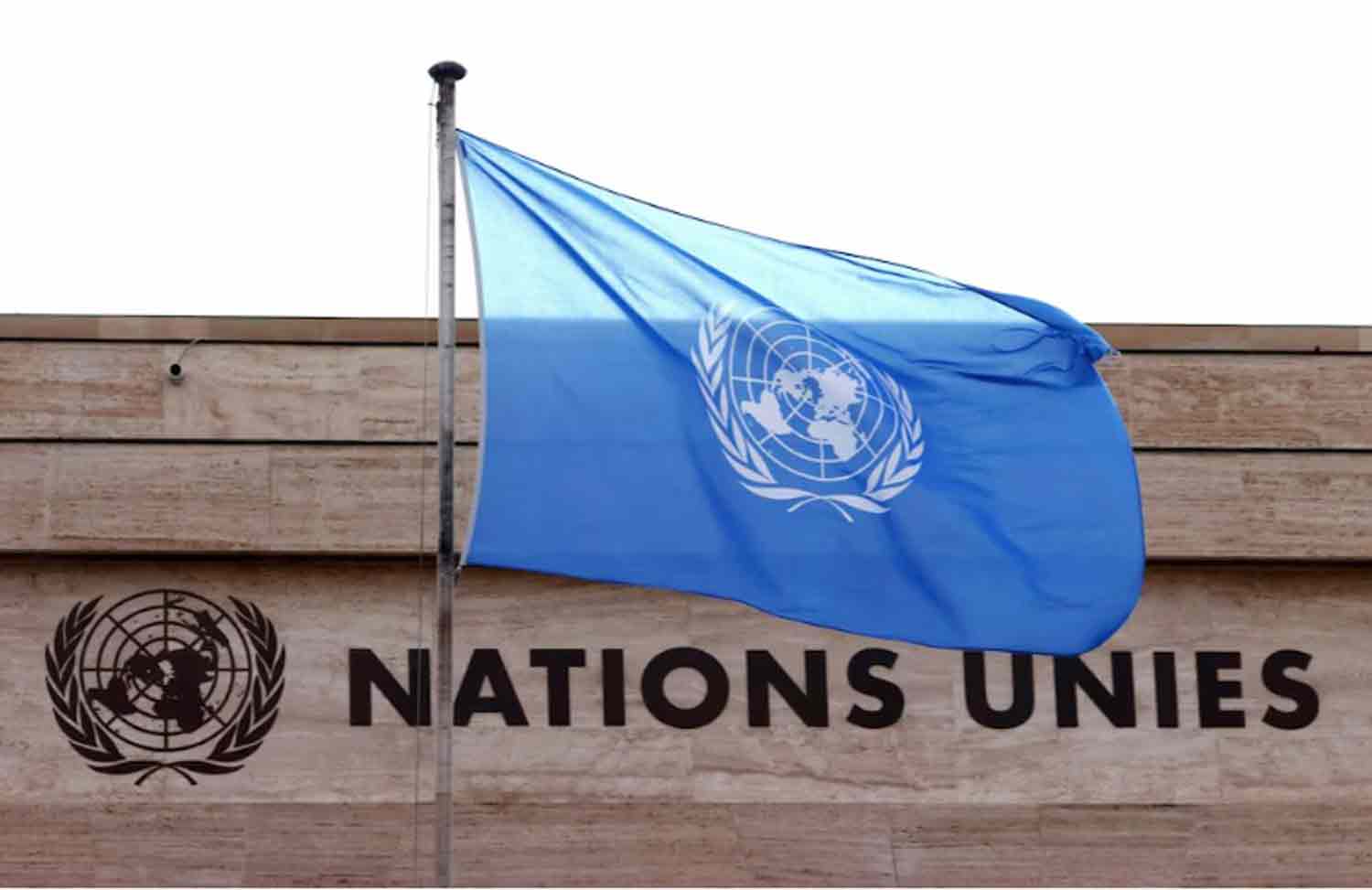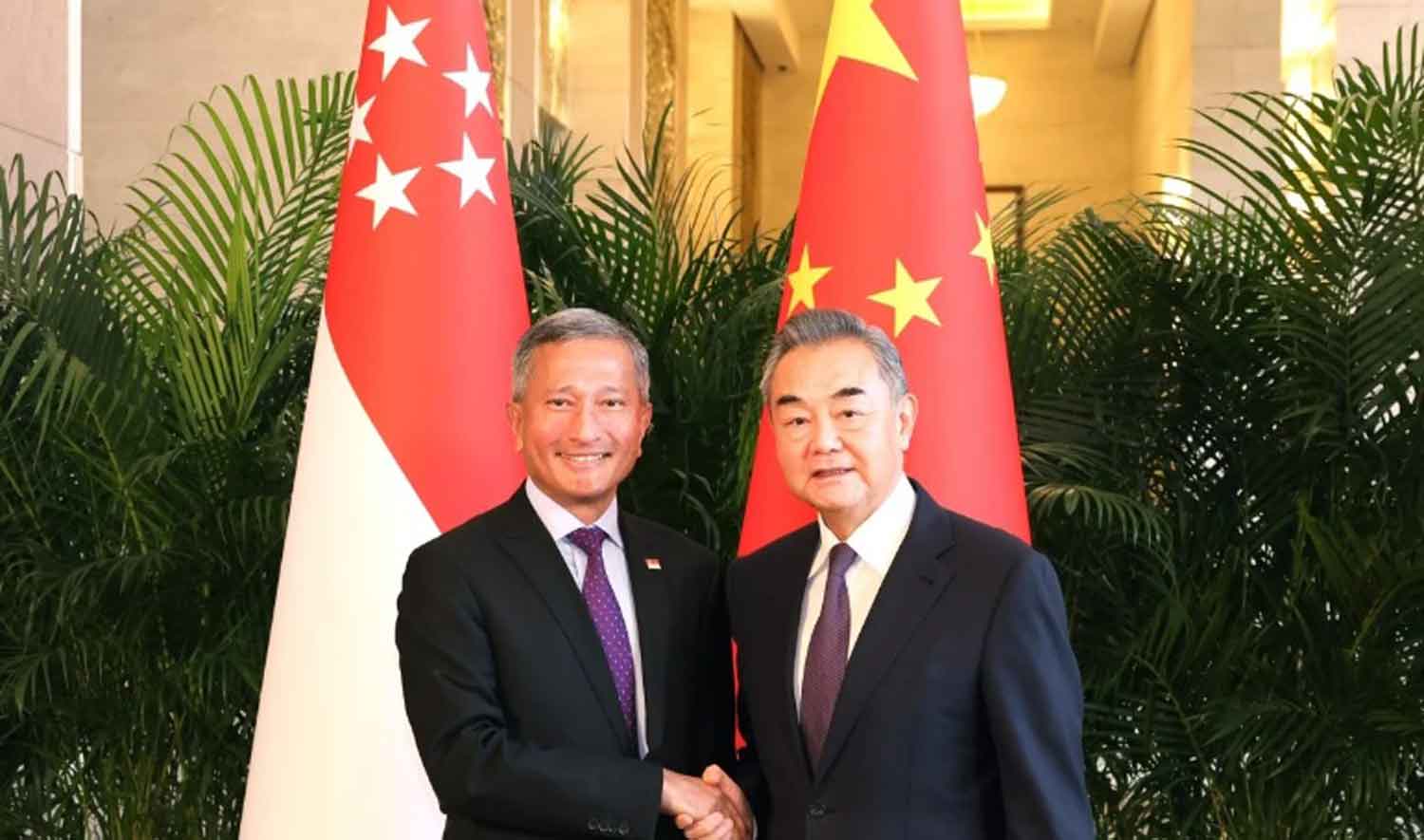The United States is advocating for the establishment of two permanent seats on the United Nations Security Council for African nations, along with one seat designated for rotation among small island developing states, as announced by U.S. Ambassador to the U.N., Linda Thomas-Greenfield, on Thursday.
This initiative is part of the U.S. effort to mend relations with Africa, where there is significant discontent regarding Washington’s backing of Israel’s actions in Gaza, and to strengthen ties with Pacific Island nations that are crucial for countering Chinese influence in the area.
Thomas-Greenfield expressed to Reuters her aspiration that this announcement will “advance this agenda in a manner that allows us to realize Security Council reform in the future,” framing it as a component of President Joe Biden’s legacy.
The proposal for two permanent seats for African nations and a rotating seat for small island developing states complements the U.S.’s longstanding endorsement of permanent seats for India, Japan, and Germany on the council.
Developing countries have persistently called for permanent representation on the Security Council, the most influential entity within the United Nations. However, years of discussions regarding reform have yielded little progress, and it remains uncertain whether U.S. backing will catalyze action.
Prior to her announcement at the Council on Foreign Relations in New York, Thomas-Greenfield clarified to Reuters that the U.S. does not support the expansion of veto power beyond the current five permanent members.
The Security Council is responsible for upholding international peace and security, possessing the authority to impose sanctions, enforce arms embargoes, and authorize military action.
When the U.N. was established in 1945, the Security Council consisted of 11 members, which increased to 15 in 1965, comprising 10 elected members serving two-year terms and five permanent members with veto power: Russia, China, France, the U.S., and the United Kingdom.
U.N. Secretary-General Antonio Guterres advocates for reform of the Security Council, stating, “You have a Security Council that corresponds exactly to the situation after the Second World War.”
Discover more from Defence Talks | Defense News Hub, Military Updates, Security Insights
Subscribe to get the latest posts sent to your email.





